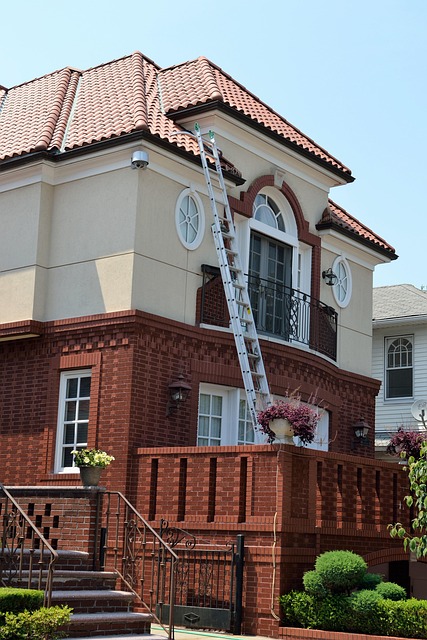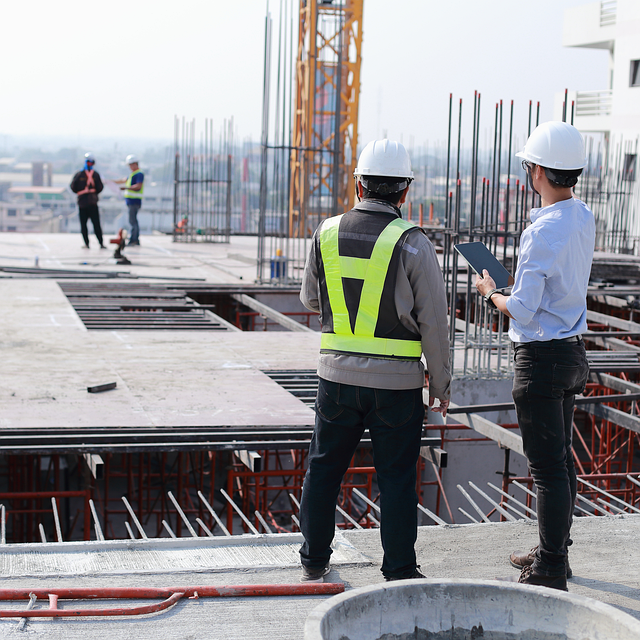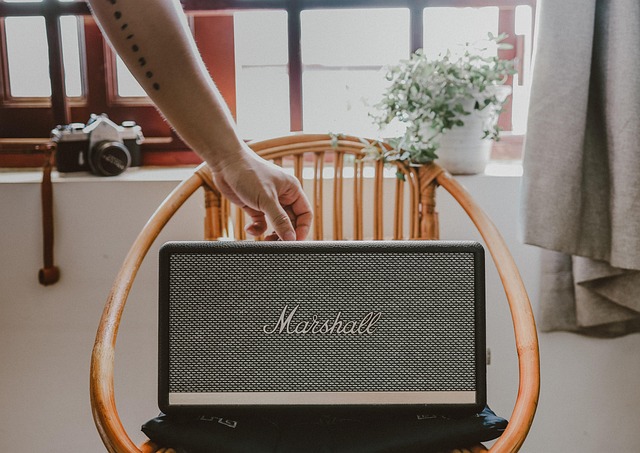Thorough inspections in real estate are crucial for identifying structural and mechanical issues early. This involves examining foundations to electrical systems using advanced tools. Regular inspections prevent costly repairs, maintain property value, and ensure safety. Meticulous evaluation of structural integrity includes exterior and interior checks for damage or settlement. Critical systems like plumbing, electrical, heating require regular maintenance to enhance comfort, safety, and property longevity.
When buying a property in real estate, identifying structural or mechanical problems is crucial. Before finalizing any deal, conduct thorough inspections from foundation to roof. Assess the structural integrity and check key systems like plumbing, electrical, and heating. These steps are vital for avoiding costly repairs later and ensuring the property’s longevity. By addressing issues proactively, you safeguard your investment and secure a reliable home or rental asset.
Conduct Thorough Inspections to Uncover Issues

Conducting thorough inspections is a cornerstone in identifying structural or mechanical problems in real estate. It involves a meticulous examination of every aspect of a property, from the foundation and framing to the electrical and plumbing systems. Real estate professionals often utilize advanced tools like moisture meters, thermal imaging cameras, and carbon monoxide detectors to uncover potential issues that may not be apparent during a surface-level inspection.
Regular and comprehensive inspections are crucial for detecting early signs of wear and tear, water damage, or structural weaknesses. By addressing these problems promptly, real estate investors and homeowners can mitigate significant repairs later on, ensuring the longevity and value of their properties.
Assess Structural Integrity: Foundation to Roof

When evaluating a property in real estate, assessing the structural integrity from foundation to roof is paramount. Start by examining the exterior for signs of damage or settlement, which could indicate issues with load-bearing walls, columns, or footings. Look for cracks, uneven floors, or doors that don’t close properly—these are red flags that might point to structural problems.
Move indoors and check for any signs of shifting or unevenness. Walls should be straight, and floors level. Inspect the roof for missing or damaged shingles, flashing issues, and signs of water intrusion. A weak roof can lead to significant interior damage and compromise the entire structure’s integrity. Regular maintenance and prompt repairs are crucial to preserving the property’s value and ensuring safety.
Mechanicals: Plumbing, Electrical, Heating Systems Check

When assessing a property for potential structural or mechanical issues in real estate, a thorough inspection of key systems is imperative. Plumbing, electrical, and heating systems are integral components that can significantly impact a home’s overall condition and value.
For plumbing, look out for leaks, low water pressure, or signs of water damage. Electrical systems should be checked for outdated wiring, faulty outlets, or flickering lights, which could indicate serious problems. Heating systems must be evaluated for efficiency, proper functioning, and any potential safety hazards. Regular maintenance and timely repairs of these mechanical aspects not only ensure a comfortable living environment but also contribute to the longevity of the structure, making it an essential part of any real estate investment.






